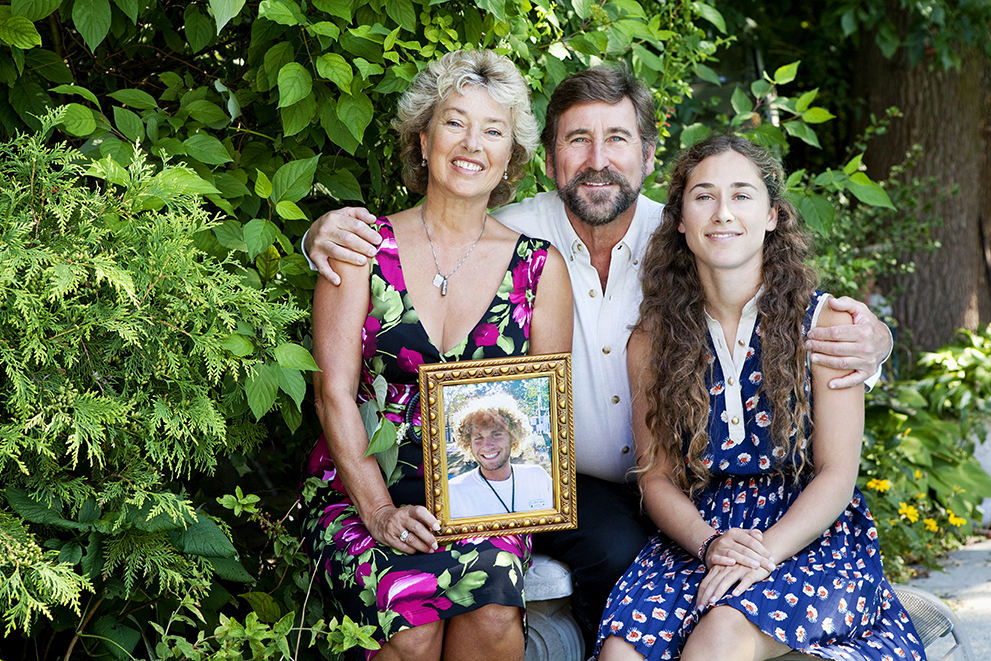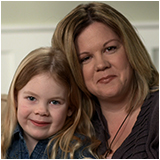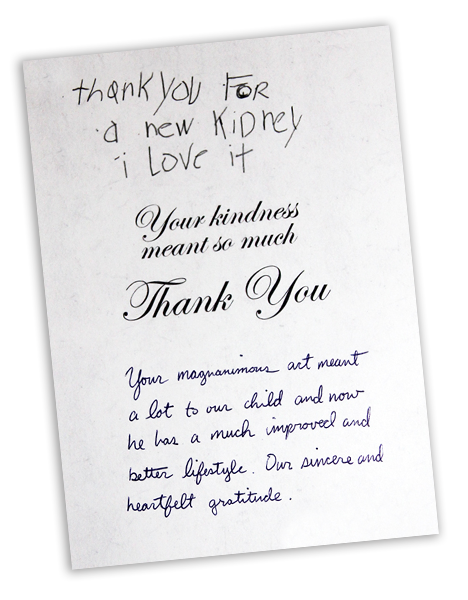Section 1: Helping Yourself with Grief
• Helping Yourself Heal When Your Child Dies
• Helping Yourself Heal When Your Spouse Dies
• Helping Yourself Heal When a Parent Dies
• Helping Yourself When a Baby Dies
• Helping Yourself Heal During the Holiday Season
• Helping Dispel 5 Common Myths About Grief
• Helping Yourself Live When You Are Seriously Ill
• Helping Yourself Live When You Are Dying
• Exploring the Uniqueness of Your Suicide Grief
• Healing Your Traumatized Heart: Seeking Safety, Understanding, and Peace Part 1
• Healing Your Traumatized Heart: Seeking Safety, Understanding, and Peace Part 2
• Healing Your Grieving Body: Physical Practices for Mourners
• The Spiritual Path to Healing: An Introduction
• The Spiritual Path to Healing: Mourning Ideas, Part 1
• The Spiritual Path to Healing: Mourning Ideas, Part 2
• The Spiritual Path to Healing: Mourning Ideas, Part 3
• The Spiritual Path to Healing: Mourning Ideas, Part 4
• Dispelling the Misconceptions About Suicide and Grief and Mourning
Section 2: Helping Others with Grief
• Helping a Man Who is Grieving
• Helping a Friend Who is Dying
• Helping a Friend Who is Seriously Ill
• Helping a Suicide Survivor Heal
• Helping a Homicide Survivor Heal
• Helping a Grandparent Who Is Grieving
• Helping a Grieving Friend in the Workplace
• Helping AIDS Survivors Heal
• Helping SIDS Survivors Heal
• Helping Your Family When a Member is Dying
• Helping Your Family When a Member is Seriously Ill
• Helping Your Family Cope When a Pet Dies
• Helping Your Family Decide if Organ and Tissue Donation is Right for You
Section 3: For and About Grieving Children and Teenagers
• Helping Teenagers Cope with Grief
• Helping Infants and Toddlers When Someone They Love Dies
• Helping Children with Funerals
• Helping Children Understand Cremation
• Helping a Child Who is Seriously Ill
• Helping a Child Who is Dying
• Helping Grieving Children at School
• Helping Bereaved Siblings Heal
Section 4: For Hospices and Other Caregivers
• Tenet 1: Companioning Principle
• Tenet 2: Companioning Principle
• The Awesome Power of "Telling The Story": Why I'm Proud to be a Grief Counselor
• Caregiver as Gardener: A Parable
• Companioning vs. Treating: Beyond The Medical Model of Bereavement Caregiving
• Growing Through Grief: The Role of Support Groups
• Responding to Problems in the Support Group Setting
• The Bereavement Caregiver's Self-Care Guidelines
Section 5: Funerals, Memorials, Cremation and Related Topics
• Helping Create a Meaningful Eulogy
• Ten Freedoms for Creating a Meaningful Funeral
• Why is the Funeral Ritual Important?
Section 6: For Funeral Directors
• And We Wonder Why People Question the Need for Funerals...
• Creating Excellence in Customer Service
• The Dirty Dozen of Customer Service
• E-Serving Families: How Your Website Should Help Your Customers
• Listening to (and Satisfying) the Never-Satisfied Customer






































